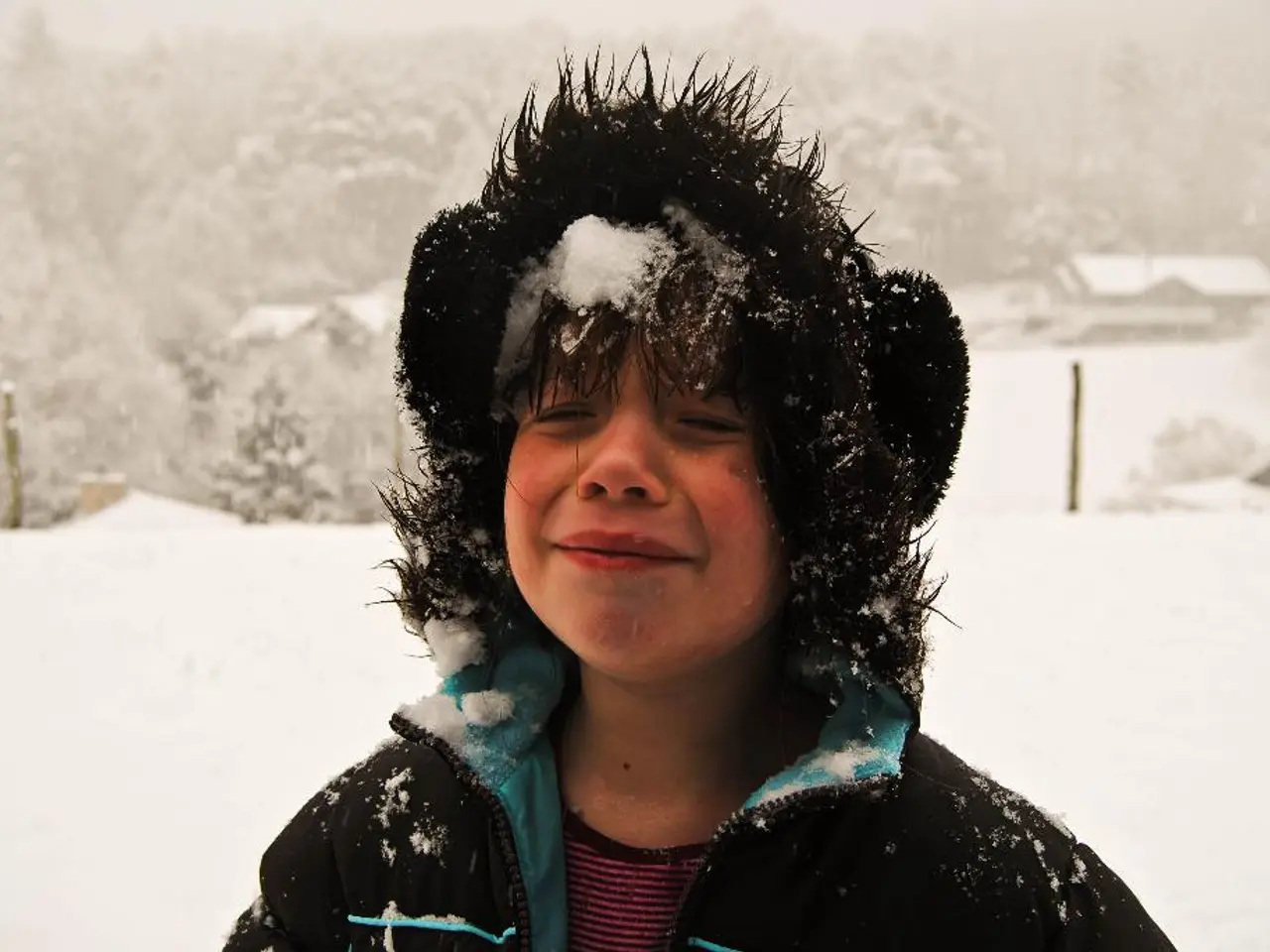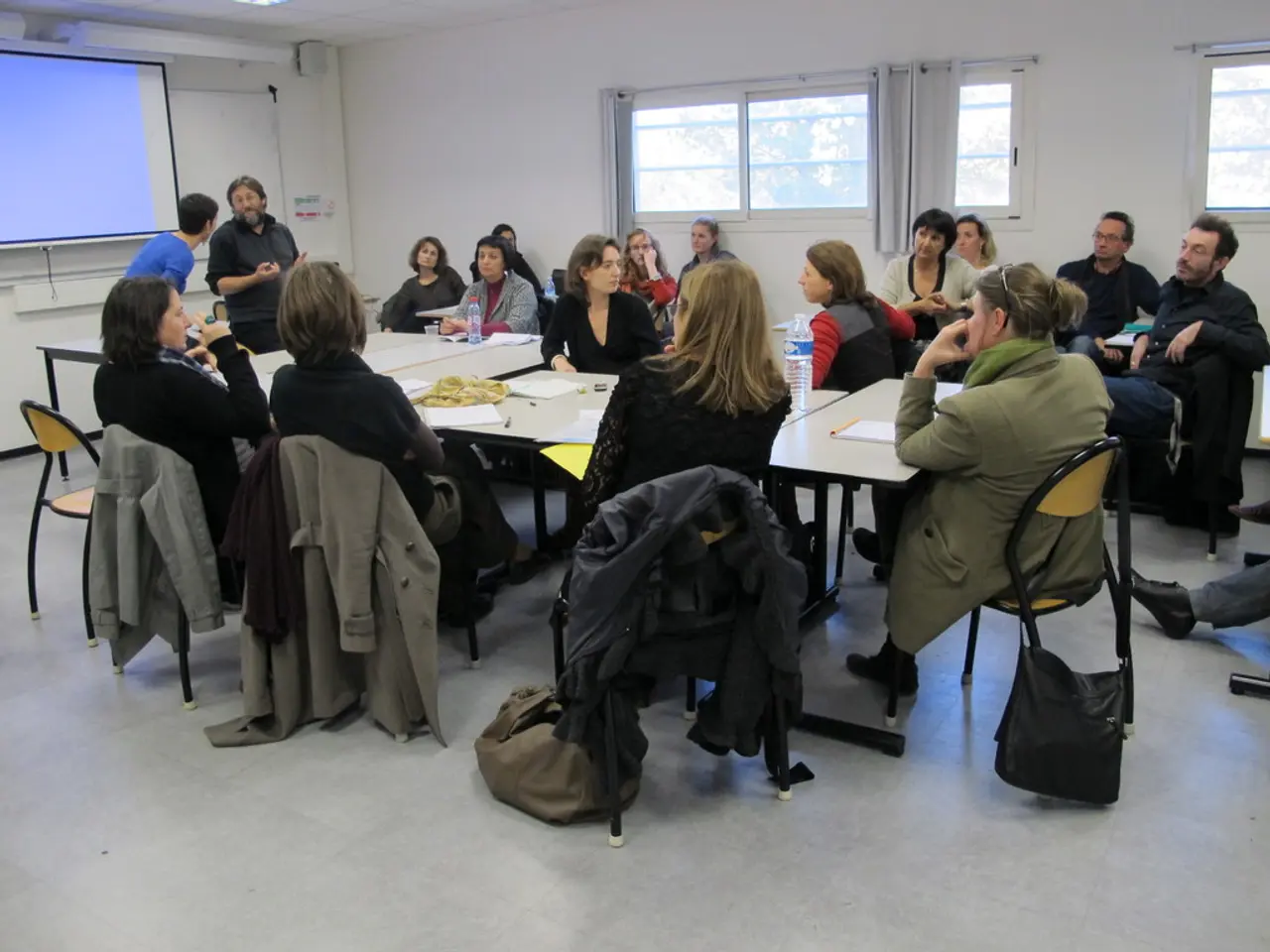Schools on edge following five student fatalities
The ongoing clashes along the Thai-Cambodian border have led to the temporary closure of schools in high-risk conflict zones, as directed by the Office of the Basic Education Commission (Obec) under the Ministry of Education. This move is part of a broader government response to ensure student safety amid the hostilities [1].
According to the latest reports, 20 hospitals have been affected, with 13 of them closing and 7 partially closing. The number of casualties among military personnel since the fighting began on July 24 is 14, as of Tuesday, and the border clashes have resulted in the death of 15 civilians, including five local students [2].
In response to these troubling developments, Obec is drafting a learning plan for students in the disputed areas. The learning plan is being drafted at the request of Acting Sub Lt Thanu Wongjinda, secretary-general of the Office of the Basic Education Commission (Obec), and is also a response to concerns by Her Royal Highness Princess Maha Chakri Sirindhorn [3].
Schools in four of the seven affected border provinces have reopened, while 955 schools remain closed in the other three provinces considered more dangerous due to active conflicts [2]. This approach balances the need for continued education where feasible with the priority of safeguarding students and staff from violence.
In less affected border provinces, schools are operating using a variety of methods. Obec is set to apply five "on" methods for students on the border: "on-site", "on-air", "online", "on-demand", and "on-hand" lessons [4]. Students can opt for the "on-hand" lesson sheets from their schools, while the school can opt for an "on-air" classroom through the DLTV system, an "online" class, or an "on-demand" class through a mobile application.
Mental health services have also been impacted, with 21,007 people receiving mental health screening, and 293 people diagnosed with high stress, and 41 reporting being at risk of suicide [5]. In an effort to address these issues, Obec is also working to ensure that mental health services are readily available to those in need.
As the situation evolves, it is hoped that schools can return to normal operations as soon as possible. Schools in a safer location can operate classrooms "on-site" if the situation returns to normal. This plan aligns with wider government relief efforts, including financial aid and humanitarian assistance for those impacted by the conflict [1].
References:
[1] The Nation. (2021, August 13). Schools in border areas to close temporarily amid conflict. Retrieved August 15, 2021, from https://www.nationthailand.com/news/40399445
[2] Bangkok Post. (2021, August 13). Schools in border areas to close temporarily amid conflict. Retrieved August 15, 2021, from https://www.bangkokpost.com/thailand/general/2003997/schools-in-border-areas-to-close-temporarily-amid-conflict
[3] The Nation. (2021, August 14). Princess Sirindhorn expresses concern over border conflict impact on students. Retrieved August 15, 2021, from https://www.nationthailand.com/news/40399673
[4] The Nation. (2021, August 14). Obec to apply five 'on' methods for students on border. Retrieved August 15, 2021, from https://www.nationthailand.com/news/40399710
[5] The Nation. (2021, August 14). Mental health services affected by border conflict. Retrieved August 15, 2021, from https://www.nationthailand.com/news/40399678
Education-and-self-development and mental-health are areas of focus for the Office of the Basic Education Commission (Obec) in response to the border conflict. Besides drafting a learning plan for students in the disputed areas, Obec is also working to ensure that mental health services are readily available to those in need, considering the 21,007 people who have received mental health screenings and the 41 reporting being at risk of suicide.



